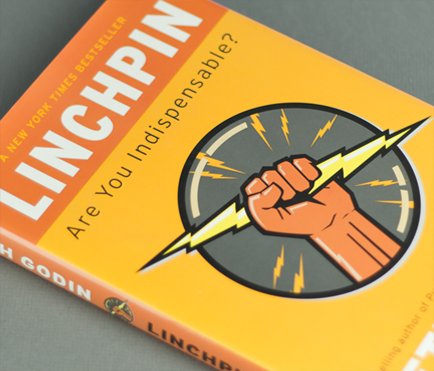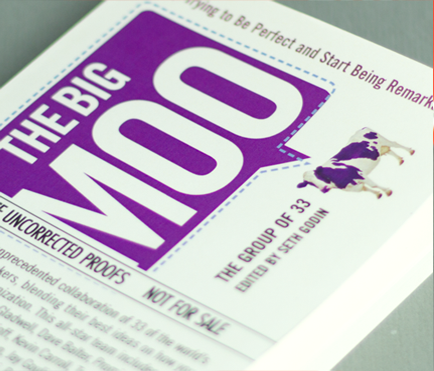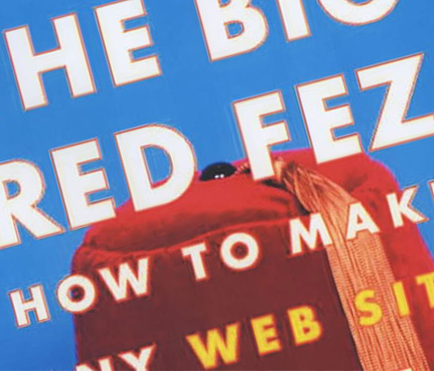Reality and rational thought have paid more dividends in the last century than ever before.
Science-based medicine has dramatically increased the lifespan and health of people around the world. Vaccines have prevented millions of children from lifelong suffering and even death. Evidence-based trials have transformed the output of farms, the way organizations function and yes, even the yield of websites.
It's possible to imagine a world of 6 billion people without the advances we've enjoyed, but you wouldn't want to live there.
It's not just the obvious outcomes of engineering and scientific success. It's also the science of decision making and the reliance on a civil society, both of which require the patience to see the long term.
For someone willing to engage in a discussion based on data, there is no doubt that this approach is working. It works so well, it’s easy to take it for granted, to assume that miracles will keep coming, that the systems will keep working, that the bridges and the water systems won’t fail and the missiles won't be launched. It's easy to lose interest in spreading these benefits to those that don't have them yet.
At the very same time that engineering put us on the moon, post-reality thinking invented a conspiracy that it didn’t happen. When we get close to eradicating an illness, we hesitate and focus on rumor and innuendo instead.
While reality-based medicine has ameliorated some of the worst diseases humans have ever experienced, quack medicines have been on the upswing for the ones that remain.
The most famous doctor in the country, Mehmet Oz, is primarily known for blurring the lines. His gifted medical talents have saved lives in the operating room, but he’s just as likely to talk about a quack diet based on coffee beans. There's been huge forward progress in the science of medicine, but all the money and attention on placebos hasn't improved their outcome much.
When Hillary Clinton lies, her standing decreases. But when Donald Trump lies, it actually helps his standing among his followers. That’s because he’s not selling reality, he’s selling something else. It’s confusing to outsiders, because he’s not working on the same axis as traditional candidates.
The hallmark of post-reality thinking is that it watches the speech with the sound turned off. The words don't matter nearly as much as the intent, the emotion, the subtext. When we engage in this more primeval, emotional encounter, we are more concerned with how it looks and feels than we are in whether or not the words actually make sense.
The irony, then, is that people who have been cut off from clean water, from things that actually work, from the fruits of a reality-based system that changed everything—these people are hungering for it, want it for their children. But for those that have taken it for granted, who have the luxury of using it without understanding it, the pendulum swings in the other direction, seeking an emotional response to economic and technical disconnects.
The more that reality-based thinking has created a comfortable existence, the more tempting it is to ignore it and embrace a nonsensical, skeptical viewpoint instead.
We used to be able to talk about science and belief, about what’s real and what we dream of. The and was the key part of the sentence, it wasn’t one against the other.
If they are seen as or, though, if it’s belief (anger or fear) against/vs./or the reality of what’s here and what’s working, we do ourselves, and our children, a tragic disservice.
"Don't confuse me with facts" is no way to move forward. It's a risky scheme.
Joni Mitchell famously warned, "you don't know what you've got till it's gone." I'd rather not find out.
[PS a lot of wisdom in many ways, some direct and some metaphorical, in Albert Adler's principles. And somewhat related, this post on victims, critics and mistakes.]























